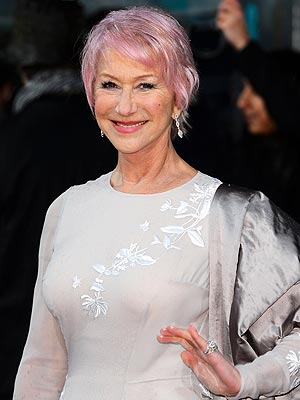MOSCOW — President Vladimir V. Putin introduced a draft law on Tuesday that would ban senior Russian officials from holding bank accounts or stocks outside Russia, the latest in a series of recent measures intended to insulate the country’s governance from foreign influences.
The draft law, which requires legislative approval, applies to a wide range of top officials, including lawmakers, ministers, top officials at the Central Bank and other state funds, and those whose work involves “the sovereignty or national security of the Russian Federation,” as well as their spouses and young children.
The change, though appealing to the broad public, would come as a jolt to many in Russia’s ruling class, who are both wealthy and deeply integrated into the West.
First presented in discussions on “nationalization of the elite,” the ban has been framed primarily as a way to guarantee officials’ loyalty to Russia, and also as a check on corruption, a topic on which the Kremlin knows that it is politically vulnerable. Commenting on a similar proposal by legislators last fall, a Kremlin spokesman, Dmitri S. Peskov, said officials with investments outside Russia “are not safe, in terms of being firm in defending the state’s interests.”
If the measure becomes law, as expected, officials will have three months to close their foreign accounts and sell their stock, or else face possible dismissal based on “lack of trust.” State auditors can initiate investigations into officials based on information provided by journalists, law enforcement bodies, political organizations and other sources.
The introduction of the draft law met with cheers from lawmakers, who have embraced a series of populist —some say reactionary — measures in the months since Mr. Putin returned to the presidency. An ultranationalist lawmaker, Vladimir V. Zhirinovsky, said foreign holdings marked government officials as members of a “fifth column.”
“They’ve bought half of Europe — the real estate, the accounts in all banks, they vacation there, their children study there, their relatives live there, they give birth there, they get medical treatment there,” he told a television reporter. “And it’s easy to influence them. A fifth column is formed here. One has to live at home, vacation at home, work and study. If you don’t like it, do not enter state service.”
A number of legislators said Tuesday that Mr. Putin’s measure could be broadened. Nikolai Levichev, of the party A Just Russia, suggested widening the circle of relatives who would come under scrutiny, noting that there are “multiple cases when a grown son or a niece of some governor or minister is a multimillionaire, in some cases invested in foreign banks.” In their proposal, some legislators had recommended banning Russians from owning real estate overseas as well, but Mr. Putin seems to have set that provision aside.
Foreign bank accounts have traditionally been used by officials as “an instrument for bribetaking,” noted Yevgeny Minchenko, a political analyst, in an interview with the Kommersant FM radio station. But the measure presented Tuesday leaves gaping loopholes, he said, because officials can still keep their money in accounts associated with offshore companies, or under the names of proxies or friends. “It’s clear that any law can be bypassed,” he said.
High-level corruption — and especially lavish spending by Russian officials overseas — has been a perennial theme for Mr. Putin’s critics, and some saw the measure presented on Tuesday as the president’s attempt to claim the issue as his own. Kirill Kabanov, chairman of the National Anticorruption Committee, a watchdog organization, said he believed that Mr. Putin had resolved to wrest control over the financial practices of the elite.
He said officials were being presented with a choice: either leave state service and retain foreign assets, or “stay in the real vertical — but if it becomes clear that in reality you are thinking about how to maintain your life in Côte d’Azur, you will be thrown out of the caste.”
“It’s not a secret to anybody that for many people, the motive for entering state service is to provide for a quiet life beyond the borders of our motherland at the expense of our budget,” he said.











